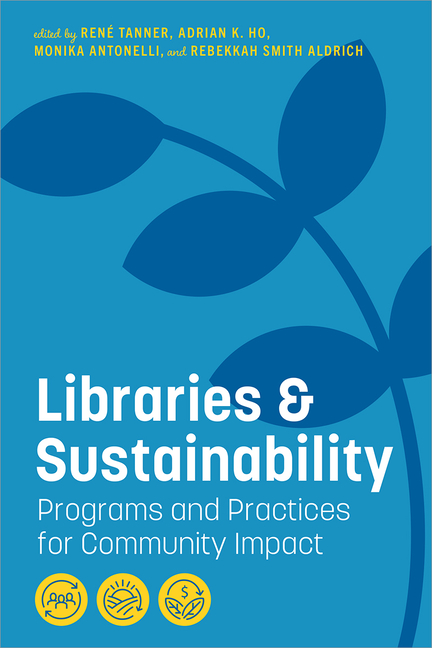Creating a skills-based resume for knowledge and research-driven careers can set you apart, especially in fields like education, science, data analysis, and policy research. Here’s a guide on how to develop this type of resume, including tips to highlight expertise effectively. For professional support, consider our resume writing service to
help craft a targeted resume for your field.
1. Structure: Use a Skills-Based Format
Rather than focusing primarily on work experience, the skills-based resume emphasizes your capabilities and knowledge areas first, which is ideal for research-focused positions where specific competencies are crucial. Begin with a header that includes your name, contact information, and a professional title aligned with your career goal (e.g., “Research Analyst,” “Educational Policy Expert”).
2. Key Skills Section
Directly below your header, create a “Key Skills” section to showcase the abilities that make you suited for knowledge-centric roles. Skills like “Quantitative Analysis,” “Literature Review,” “Data Interpretation,” and “Technical Writing” are impactful choices for research-driven careers. Keep each skill bullet point concise yet specific; aim to demonstrate each skill with measurable results when possible.
3. Professional Summary
A strong professional summary is essential for knowledge-based fields, as it provides a quick overview of your expertise, values, and achievements. This section should emphasize your experience, but focus on your contributions to research, project insights, or specialized methodologies you’ve used. Aim for 3-5 sentences that illustrate your unique value. If you’re interested in professional help, our professional resume writing services offer tailored support to create effective summaries for knowledge-driven roles.
4. Relevant Experience with Accomplishments
List your work experience with emphasis on relevant projects rather than just job duties. Each bullet should reflect how you used your skills to solve complex issues, carry out research, or analyze information. Quantify your results where possible, for example, “Enhanced data accuracy by 30% through optimized data verification methods.” Demonstrating clear impacts makes your contributions and expertise more memorable to employers.
5. Certifications and Professional Development
In knowledge-based fields, certifications, workshops, and other specialized training can enhance your credibility. Create a section for “Certifications & Professional Development” to list any programs or courses relevant to your career, such as “Data Science for Social Good” or “Advanced Research Methods.” Highlighting this on your resume can demonstrate your commitment to professional growth.
6. Technical Skills
Knowledge and research-driven fields often require specific technical tools and software expertise. Include a “Technical Skills” section with any relevant tools, software, or methodologies (e.g., SPSS, SQL, statistical analysis, Python). For added credibility, consider linking to a top cv review or reading cv writing service reviews to ensure your resume is up-to-date with current standards in your industry.
7. Highlight Publications, Projects, or Presentations
If you have publications, significant projects, or presentations, create a section for “Publications & Projects.” List any notable works, reports, or presentations that demonstrate your expertise. Publications in academic journals, project reports, and public speaking engagements can greatly enhance your resume’s credibility.
8. Include Soft Skills
Soft skills are also crucial in knowledge-based careers. Qualities like “Critical Thinking,” “Collaboration,” and “Problem Solving” often determine success in research environments. Highlight these skills within your professional summary or experience section, as they are key for roles that require analysis and teamwork.
Creating a skills-based resume requires careful selection of the right skills, accomplishments, and projects to make your experience shine. If you need assistance, our resume service can help you create a powerful, tailored resume that captures your expertise and potential.










